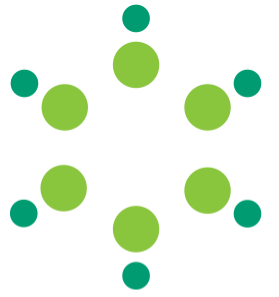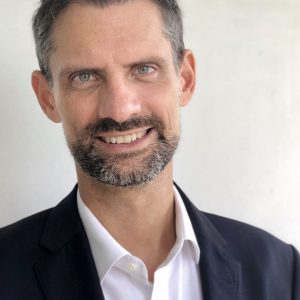About the Session:
New Challenges and Opportunities for Ensuring Access to Nutrition
In this session, panelists discussed challenges that have newly emerged in light of the pandemic as well as those that have been exacerbated by the crisis. Presentations highlighted what we are learning about how to respond to these issues from early global experiences and where opportunities exist to recover and improve into the future.



